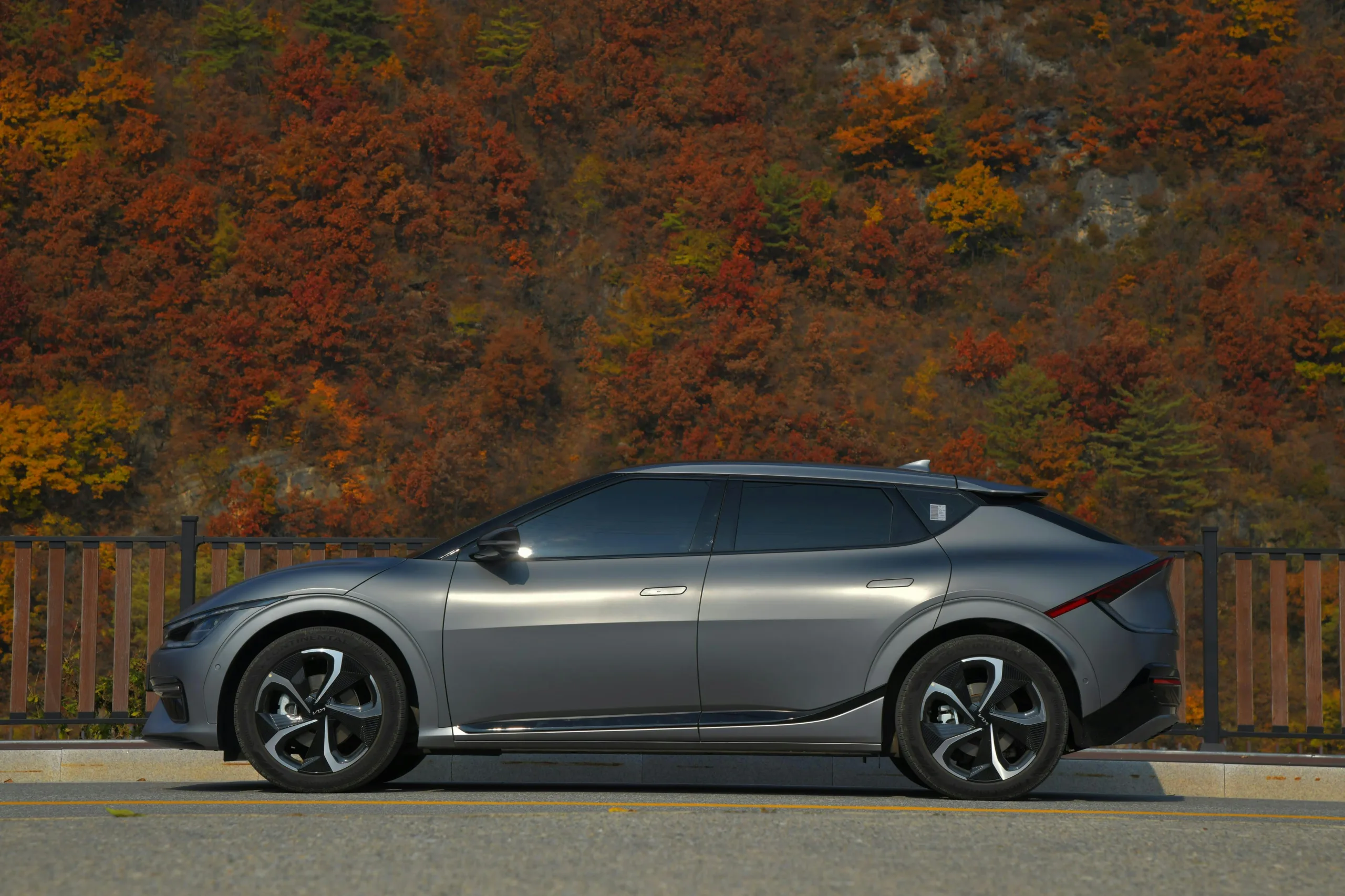The surge in electric vehicle (EV) adoption over the past few years has brought numerous discussions to the forefront, one of the most pressing being the cost of charging.
As consumers weigh the benefits and expenses associated with owning an EV, understanding the true cost of charging becomes crucial. Are the savings significant enough to justify the switch, or do they get overshadowed by the costs? Let’s investigate the details to determine if EV charging costs are worth it.

Understanding EV Charging Costs
To begin with, the cost of charging an EV can vary widely based on several factors, including the type of charger used, the location, and the time of day. There are three main types of chargers:
- Level 1 (120-volt): This is the standard home outlet charger, providing a slow but steady charge. It is the cheapest option, typically costing around £0.10 to £0.15 per kWh, translating to roughly £2 to £4 for a full charge.
- Level 2 (240-volt): Often found at public charging stations and available for home installation, Level 2 chargers are faster and more efficient. The cost here is around £0.20 to £0.30 per kWh, amounting to about £8 to £12 for a full charge.
- DC Fast Charging: These are the quickest chargers, primarily located at commercial charging stations. They can charge an EV up to 80% in about 30 minutes, but they come with a higher price tag, around £0.35 to £0.50 per kWh. A full charge can range from £14 to £20.
Home vs. Public Charging
Charging your EV at home is generally the most economical option. It allows you to take advantage of lower electricity rates and off-peak charging times. Additionally, some utility companies offer special EV rates that further reduce the cost.
Public charging, while convenient, tends to be more expensive. The price you pay at public charging stations can vary based on location and the network provider. However, many public stations offer memberships or subscription plans that can lower costs for frequent users.
Compared to Traditional Fuel Costs
To understand if EV charging costs are worth it, it’s essential to compare them to the cost of fueling a traditional petrol vehicle. On average, petrol costs about £3 to £4 per gallon, with the average car achieving around 25 miles per gallon. For a typical 300-mile range, this equates to approximately £36 to £48.
In contrast, an EV with a similar range might cost between £10 to £15 to charge at home and £20 to £30 at a public charger. This demonstrates a significant cost saving, especially for those who can charge primarily at home.
Long-Term Savings and Incentives
Beyond the immediate cost per charge, EV owners benefit from lower maintenance costs. Electric vehicles have fewer moving parts than internal combustion engine vehicles, resulting in less wear and tear and fewer visits to the mechanic. Over time, this can lead to substantial savings.
Additionally, many governments and organisations offer incentives to EV owners. For example, the EV salary sacrifice scheme allows employees to lease an electric vehicle through their employer, taking advantage of tax benefits and lower monthly payments. Such schemes can make EV ownership more affordable and further reduce the overall cost of driving electric.
Environmental and Economic Impact
While the financial aspects are crucial, the environmental benefits of EVs cannot be overlooked. Reduced greenhouse gas emissions and lower dependence on fossil fuels contribute to a cleaner and more sustainable future. As renewable energy sources become more prevalent, the carbon footprint of charging EVs will continue to decrease.
Moreover, the shift towards EVs can stimulate economic growth through the creation of new industries and jobs related to renewable energy and electric vehicle technology.
Final Notes
While the cost of charging an EV can vary, it often proves to be more economical compared to traditional vehicles, especially for those who charge at home. The combination of lower fuel costs, reduced maintenance expenses, and various incentives, like the Anchor EV salary sacrifice scheme, make the switch to electric vehicles a financially sound decision for many.
Beyond the financial benefits, the positive environmental impact further justifies the transition to electric mobility. Therefore, when considering the broader picture, EV charging costs are indeed worth it.